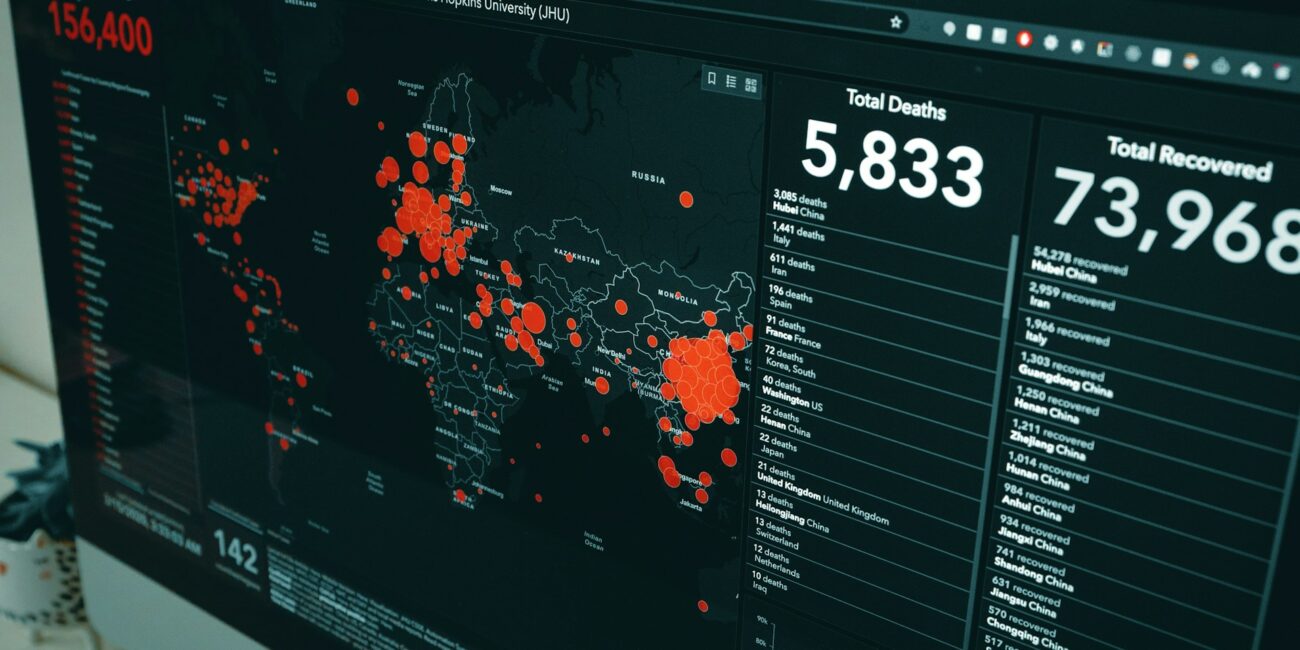Panda (Pandemic ~ Data Analysis) is a multidisciplinary initiative seeking to inform policy choice in the face of COVID-19. All choices entail trade-offs, yet we see few signs of such trade-offs being evaluated coherently by policymakers and their advisors—globally. Our initial research project seeks to measure the benefits and harms of South Africa’s lockdown policy.
Currently, we employ a “years of lost life” approach to comparing benefits and harms. This avoids the false dichotomy of “lives versus the economy”. Viruses kill. But the economy sustains lives and poverty kills too.
Our latest estimate is that South Africa’s lockdown will cause a loss of life at least 30x greater than the loss of life it stands to prevent. It would be no exaggeration to say that each week of continuing lockdown will, in the long run, result in more loss of life than the virus itself. In the face of this, economically restrictive lockdown measures should be discontinued immediately.
Our analysis can be summarized as follows:
- Lockdown aims to save lives by preventing overburdening of the healthcare system.
- The impact of the virus is heavily skewed towards already ill elderly people and those with severe comorbidities. The impact of the virus on the vast majority of the population, particularly the economically active and school children, has been massively overstated.
- Emerging data show that the years of lost life from potential overburdening of the healthcare system is a small fraction of what it was originally conceived to be when most lockdowns were introduced.
- In contrast, the impact of extended lockdown on years of lost life of the population is staggering, overwhelming its benefits.
The work we present here expands mainly on the last of these assertions. We estimate years of life lost owing to economic contraction caused by South Africa’s lockdown to conservatively be approximately 14 million years. In contrast, we estimate the years of life lost to avoidable overburdening of health resources to lie in the range of 25,335 to 445,901. (The latter should not be confused with the number of COVID-19 deaths expected, which is much lower.) We derive our 30x multiple above by taking the low point of the economic contraction effect and
dividing by the high point of the overburdening effect. Under a less conservative view, this multiple would be substantially higher.
Our methods and assumptions will no doubt be challenged, but the gap any challenges need to overcome in order to reverse this conclusion is enormous. We also address the salient questions of HIV and TB—our sense is that neither will present as substantial comorbidities, so that our second assertion regarding deaths being skewed to the old and infirm is not threatened.




